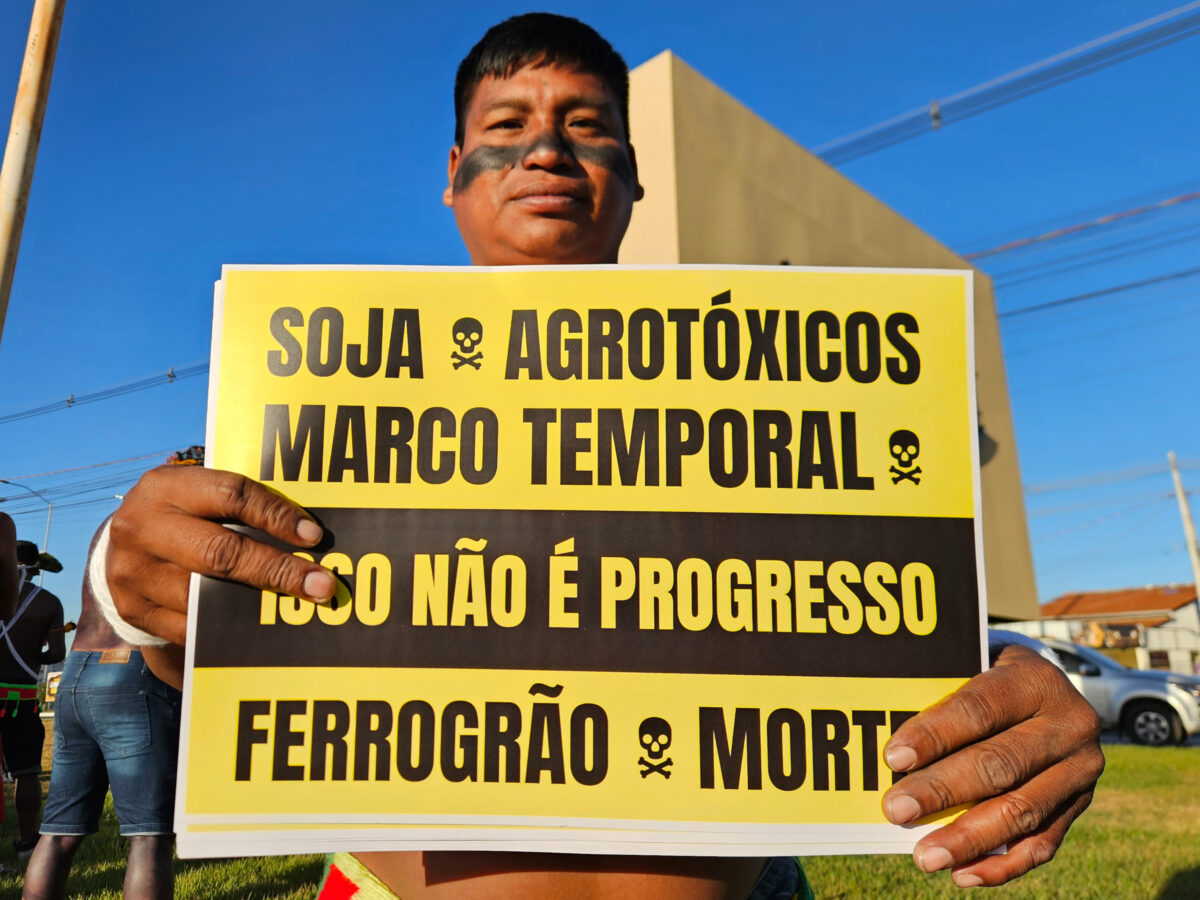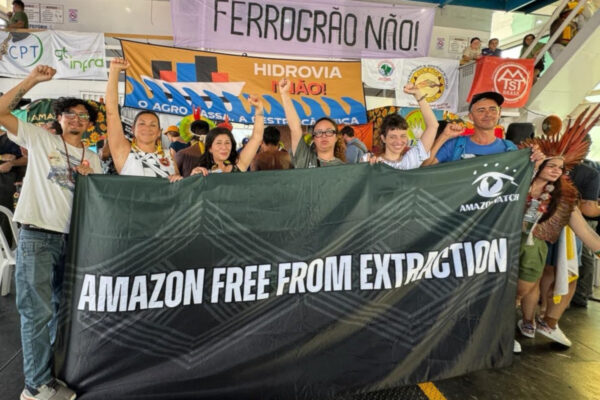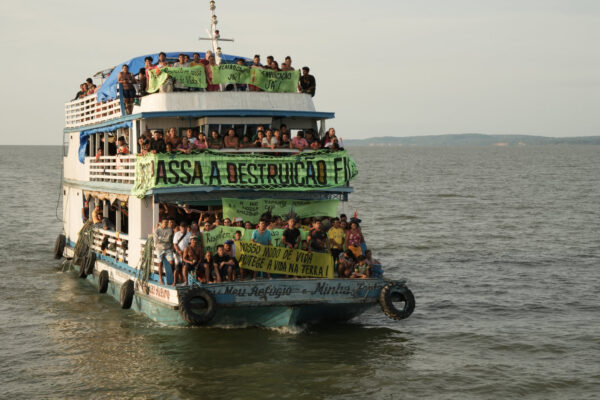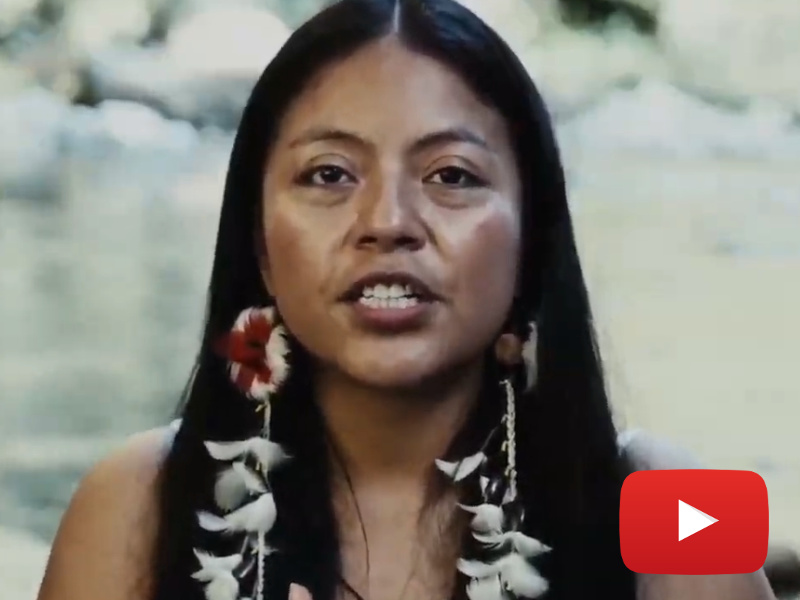The “Caravana da Resposta” (Response Caravan), made up of more than 300 representatives of Indigenous peoples, social movements, and traditional communities, will depart in early November from Sinop (MT) towards Belém (PA), where COP30 will take place. The exact departure date is being kept confidential due to fears of reprisals.
The group intends to travel more than 3,000 kilometers to denounce the impacts of agribusiness on the Amazon and Cerrado and to oppose the construction of the Ferrogrão railway – planned to connect northern Mato Grosso to Pará.
The announcement comes on the eve of the Federal Supreme Court’s judgment of the project, scheduled by Justice Edson Fachin for this Wednesday, October 1. Fachin assumed the presidency of the Court on Monday, September 29, and made this case the first agenda item of his term. The project has been suspended since 2023 by an injunction from Justice Alexandre de Moraes.
According to studies by PUC-Rio in partnership with the Climate Policy Initiative, the railway could lead to the deforestation of 49,000 km² of forest, in addition to multiplying by seven the flow of grain exports along the Tapajós River. The PSOL party is challenging before the Court the legality of altering the boundaries of the Jamanxim National Park (PA) to make the project viable.
“We will not allow the interests of large corporations, such as Cargill and Bunge, to destroy our rivers and forests. They want to turn our homes into a logistics corridor and hand over our forests to make even more profit from soy. We will defend our territories because the future of everyone depends on it,” said Alessandra Korap, a Munduruku leader participating in the caravan.
In addition to its protest nature, the journey seeks to highlight agroecological alternatives and the production of small farmers. The route to Belém will include a boat that will serve as both collective accommodation and a Solidarity Kitchen during COP.
The initiative is organized by the “Aliança Chega de Soja” (Enough Soy Alliance), created in 2024 and bringing together more than 40 organizations and traditional peoples.














